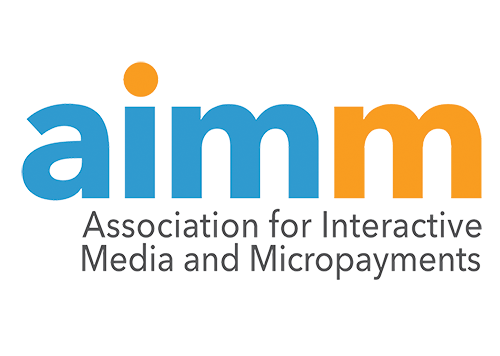The European digital content industry reached last year almost €45.3B in terms of revenues and will reach €114,6B in five years (x3). These data result from an analysis carried out by Telecoming, a company specializing in monetization technology (Adtech and Direct Carrier Billing) since 2008. The firm has studied the evolution of digital content consumption in Europe.
Last year, 498M Europeans accessed digital content and spent on average €15 per month. 52% of total revenue came from video, games (34%) and music (14%). The study concludes that the consumption trend will go up. In 2026 a total of 606M users will consume digital content and increase their monthly spending to €30.5 per month. The video games sector, perhaps driven by the metaverse, will be the sector that will experience the highest growth. In five years, it will account for 47% of the total income of the digital content industry, above video (42%) and music services (12%).
Roberto Monge, Chief Operations Officer at Telecoming, stated, “the European digital content industry is very dynamic, and the average spending will continue growing. The subscription model will predominate because it meets users’ expectations. The UK and Germany are the leading digital entertainment markets, with great growth potential.”
The UK, the leading video consumer
In 2021, the UK was the country that consumed the most digital video services (44% of the population). In 2026 it will also be the top country, with 59% (41,3M users) of the active population appreciating this type of content. The UK has the most profitable digital video services market: €4,2B in 2021 and €5,7B in 2026 (62% will come through subscriptions). At some distance, Germany will follow with a volume of €5B in the coming five years. It is estimated that the entire European market will reach €30.6B in that period.
Video games will register the highest growth
According to Telecoming’s research, 62% of Europeans will enjoy mobile games in 2026 (+9 points vs 2021). Germany led the ranking with 49.8M users last year, followed by the UK (44.8M). Both countries will add followers in the coming years (+14 M in Germany and +11.4 in the UK). European mobile gamers played almost 2B games in 2021.
The evolution of the mobile gaming market will be an unprecedented growth. €15,6B generated in 2021 will become €68,6B in 2026. This growth will go hand in hand with the consolidation of the metaverse, the next big thing where the leading technology industry players are already investing.
9 out of 10 Europeans pay for digital music services. However, the UK is the largest market (€16B in 2026). 18% of Britons accessed a digital music service in 2021. This percentage will increase to 22% in 2026. 97% of these will also subscribe to a digital music service and pay €10.8 per subscription (average). This is also a general trend in Europe. In 2026, 98% of users will subscribe to at least one music service.
Telecoming is an international company specialized in digital services monetization technologies. It deploys solutions aimed at improving mobile payment processes and advertising technology. A scalable, flexible, and secure platform seamlessly integrates revenue generation tools for companies operating in the digital environment. Leader on the economics of digital content since 2008, Telecoming currently operates in 21 countries.



